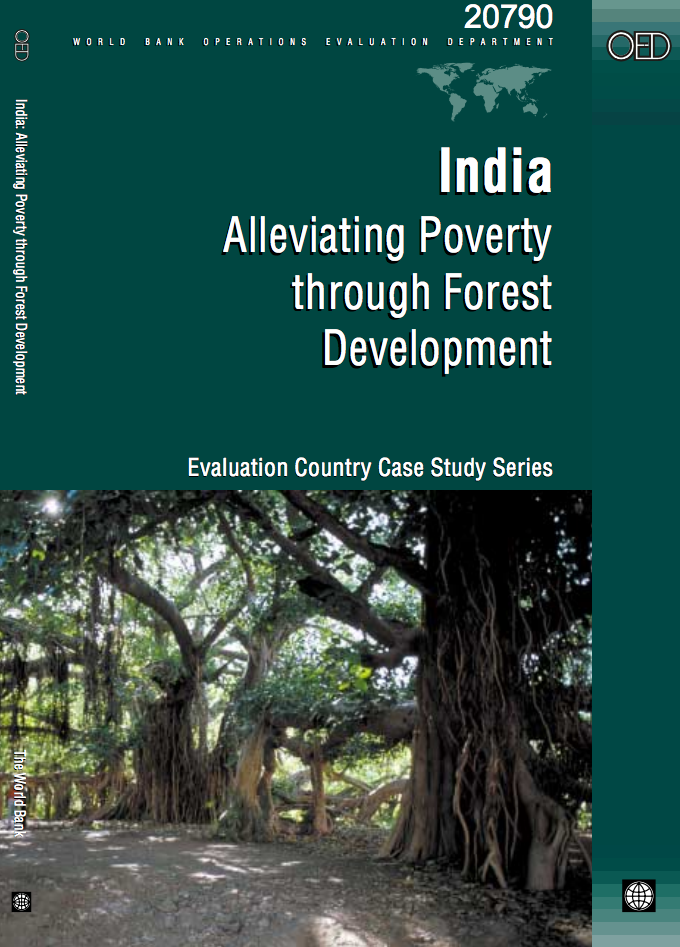A Critical Review of the Literature on Structural Adjustment and the Environment
This paper analyzes the available
literature about the effects of structural adjustment
programs (SAPs) on the environment and the convincing
evidence for their success or failure. The studies covered
refer to the SAPs by the World Bank as well as to general
government programs that have similar policy implications.
SAPs are designed to reform economies to become more
liberalized and export-oriented while reducing the role of


